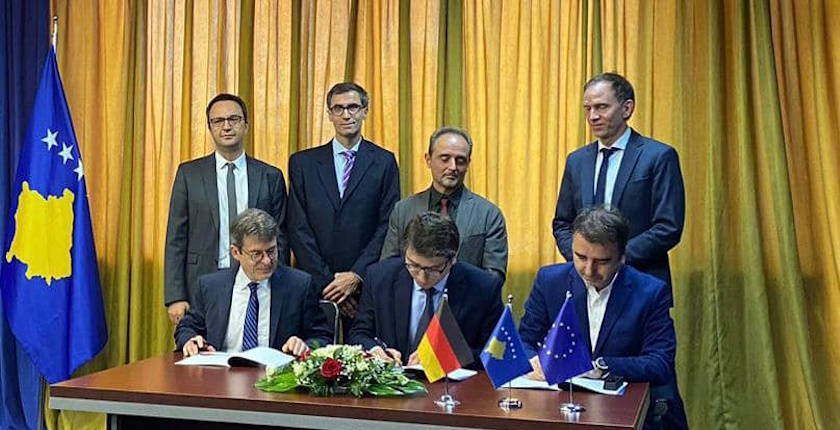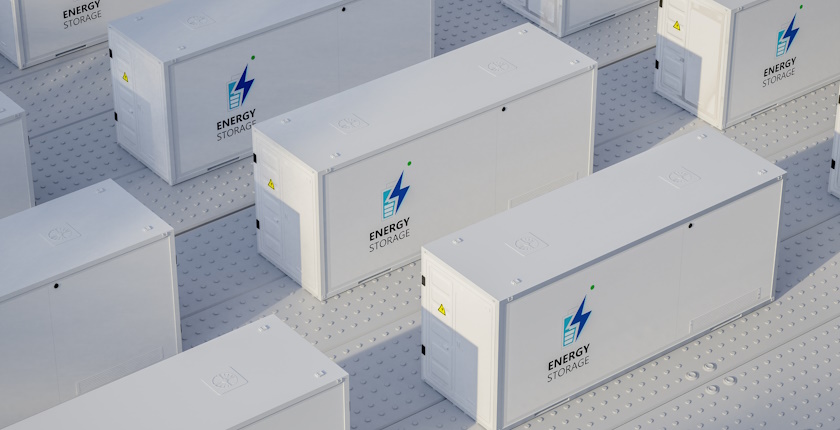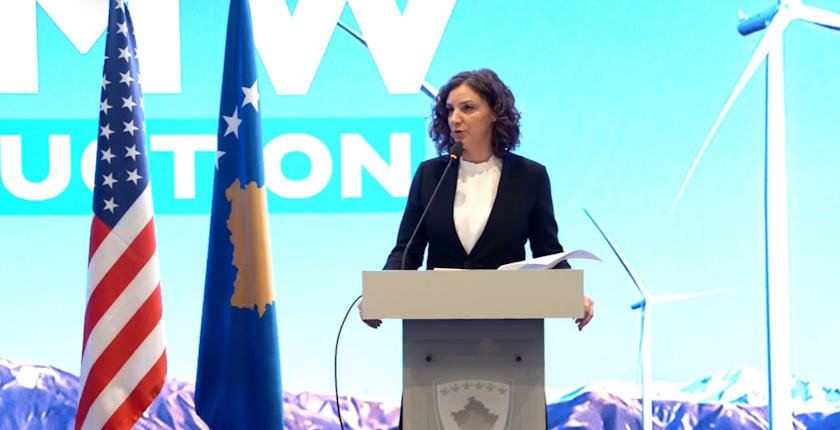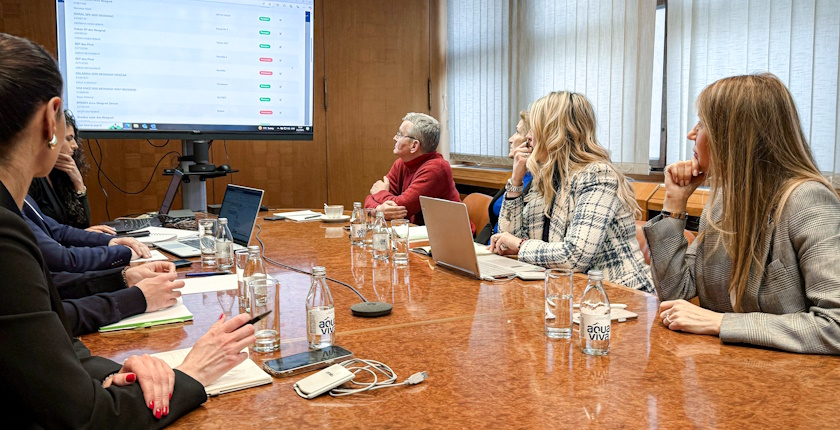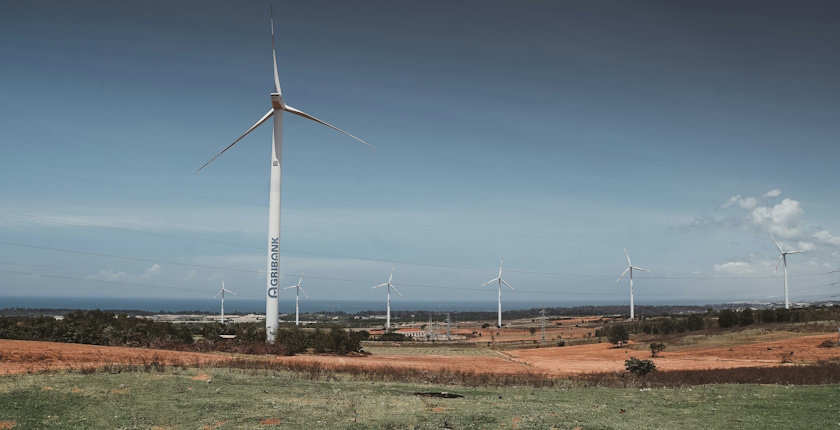
Kosovo* issues terms for upcoming wind power auctions
The first wind power tenders in Kosovo* will be conducted in two rounds of 75 MW to 100 MW each. The Ministry of Economy published the draft criteria for participants. It intends to issue the first call in October.
Instead of a single first tender, the Ministry of Economy in Prishtina said it would auction off electricity from wind power projects in two rounds. Advised by the International Finance Corp. (IFC) and with support from the Energy Sustainable Activity (ESA) project of the United States Agency for International Development (USAID), Kosovo* issued the conditions for applicants.
Mirroring the first solar power auction, both tenders will consist of two stages: qualifications and proposals, according to the ministry. The approximate total quota is 150 MW and each bidding will be for 75 MW to 100 MW, it explained.
Second round to begin next year
The document lists preliminary requirements regarding project feasibility, sustainability and the bidders’ experience and capacities. The conditions can still change before the release of the tender documentation, the authorities pointed out.
The first call for qualifications is expected to be published in October and the qualified bidders will be invited to submit proposals early next year, the ministry revealed. It added that it intends to kickstart the second procedure in 2025.
IMF is funding wind tenders in Kosovo*
Kosovo* is tapping into the International Monetary Fund’s (IMF) Resilience and Sustainability Facility for the 150 MW endeavor. The ministry added that it would coinvest in wind energy projects under a public-private partnership mechanism. It would lower the risk for private investors, it said.
The locations for the projects are still unknown. Auction winners are entitled to power purchase agreements (PPAs), the announcement reads.
The documentation shows applicants would be required to submit production estimates per year over a 20-year period. The assessments must be carried out by independent and qualified wind energy consultants. The company or consortium will also be obligated to hire biodiversity specialists to conduct basic studies on birds and bats.
Eligible companies have experience in the development and operation of grid-connected renewable electricity plants of 60 MW in total. The minimum share of wind is 40 MW, of which one project must be bigger than 20 MW, the summary shows.
The government earlier said it was planning auctions for 950 MW including battery storage within two years.

